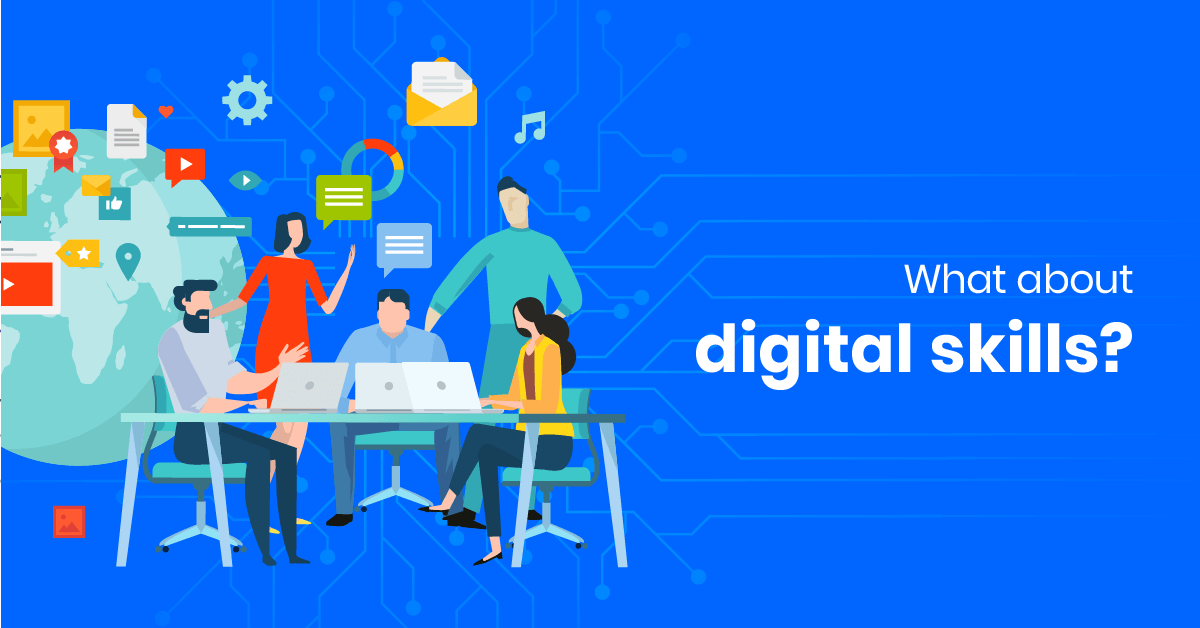Introduction
Digital marketing is more than just a buzzword—it's an essential part of any business's growth strategy in the modern world. As consumers spend more time online, businesses must meet them where they are through targeted, data-driven, and value-oriented strategies.
This guide explores the key components of a successful digital marketing strategy, including SEO, content marketing, email, social media, paid advertising, and analytics. Whether you're a small business owner, marketing manager, or entrepreneur, mastering these techniques can help you build brand awareness, grow your audience, and increase revenue.
Why Digital Marketing Matters
More than 5 billion people use the internet. A strategic digital presence helps businesses engage audiences, compete globally, and track performance in real-time—unlike traditional media.
Core Components of a Digital Marketing Strategy
1. Search Engine Optimization (SEO)
SEO is the process of optimizing your website to rank higher in search engine results pages (SERPs). It increases organic (unpaid) traffic to your site.
- On-page SEO: Keywords, meta tags, content structure
- Off-page SEO: Backlinks, social shares, online reputation
- Technical SEO: Site speed, mobile-friendliness, indexing
2. Content Marketing
Content is the foundation of digital marketing. High-quality, relevant, and engaging content builds trust and positions your brand as an authority.
- Blog posts, eBooks, whitepapers
- Videos, podcasts, infographics
- Case studies, webinars, online courses
3. Social Media Marketing
Social platforms like Instagram, LinkedIn, TikTok, and Facebook allow brands to build communities, share content, and engage directly with audiences.
- Platform-specific strategies (e.g., Reels on Instagram)
- Paid vs. organic content
- Social listening and community management
4. Email Marketing
Email remains one of the highest-ROI marketing channels. It’s used for nurturing leads, announcing promotions, and onboarding new users.
- Segmentation and personalization
- Automated drip campaigns
- A/B testing subject lines and content
5. Pay-Per-Click Advertising (PPC)
PPC platforms like Google Ads and Meta Ads offer immediate visibility. You pay only when someone clicks your ad.
- Search ads, display ads, shopping ads
- Retargeting campaigns
- Geo-targeting and audience segmentation
6. Analytics and Conversion Tracking
Understanding performance is critical. Use tools like Google Analytics, Meta Pixel, or Hotjar to measure what works and what doesn't.
- Track conversions, bounce rate, engagement
- Set clear KPIs: ROI, CPL, CPA, CTR
- Use insights to iterate and improve
Creating a Digital Marketing Plan
A strategy without a plan is just a wish. Here's how to structure your roadmap:
Step 1: Define Your Goals
Use the SMART framework: Specific, Measurable, Achievable, Relevant, and Time-bound goals. Example: “Increase newsletter signups by 30% in 3 months.”
Step 2: Understand Your Audience
Create buyer personas. Identify pain points, interests, platforms they use, and purchasing behaviors.
Step 3: Choose Your Channels
Not every channel suits every business. Choose based on your audience, budget, and goals. Prioritize quality over quantity.
Step 4: Develop Your Content Strategy
Create a content calendar, plan pillar content, and decide how to repurpose for multiple formats (e.g., blog → infographic → Instagram carousel).
Step 5: Launch Campaigns and Monitor
Track performance from day one. Use tools like UTM parameters, heatmaps, and A/B testing to guide decisions.
Emerging Trends in Digital Marketing
1. AI-Powered Marketing
AI is used in content generation, chatbots, predictive analytics, and personalization. Tools like ChatGPT and Midjourney are transforming the creative process.
2. Influencer Marketing 2.0
Micro and nano influencers often yield better engagement than celebrities. Authenticity and niche reach are key in 2025.
3. Voice Search Optimization
With smart speakers and mobile voice search on the rise, optimizing for conversational keywords is crucial.
4. Interactive Content
Quizzes, calculators, polls, and AR experiences improve engagement and time on site.
5. Privacy-First Marketing
With cookies phasing out and new regulations (GDPR, CCPA), marketers must adapt with server-side tracking, first-party data, and ethical data practices.
Case Studies
Case 1: B2B SaaS Growth
A software startup used LinkedIn ads and lead magnets to generate 1200 qualified leads in 6 months. Personalized email sequences resulted in a 26% conversion rate.
Case 2: E-commerce Brand
Through SEO and Instagram Reels, a small fashion brand grew 4x in traffic and doubled revenue, with 75% of sales from organic content.
Common Mistakes to Avoid
- Neglecting mobile optimization
- Focusing only on vanity metrics
- Lack of consistency or content planning
- Failing to update strategies based on data
- Overpromising in ad copy (hurts trust)
Quick Tip
Not sure what content to post? Ask your customer support team. Their FAQs make perfect blog or video topics.
How to Get Started
- Audit your current digital presence: What’s working? What’s not?
- Choose 2–3 key channels: Focus your efforts where your audience already is.
- Create value-based content: Help before you sell. Education builds trust.
- Experiment and test: Marketing is iterative. Don’t fear failure—learn from it.
- Use free tools: Google Analytics, Canva, Buffer, Meta Business Suite are excellent for starters.
Conclusion
In a world where attention spans are short and competition is fierce, having a solid digital marketing strategy is the key to sustainable growth. It's not about being on every platform—it's about showing up with value, consistently, in the right places.
Whether you're running ads, writing blogs, or engaging with users on social media, the goal is the same: build relationships, solve problems, and grow your brand with authenticity and clarity.
Start today by identifying your goals, understanding your audience, and committing to delivering great content. Success in digital marketing doesn't happen overnight—but with strategy and persistence, it's absolutely achievable.


